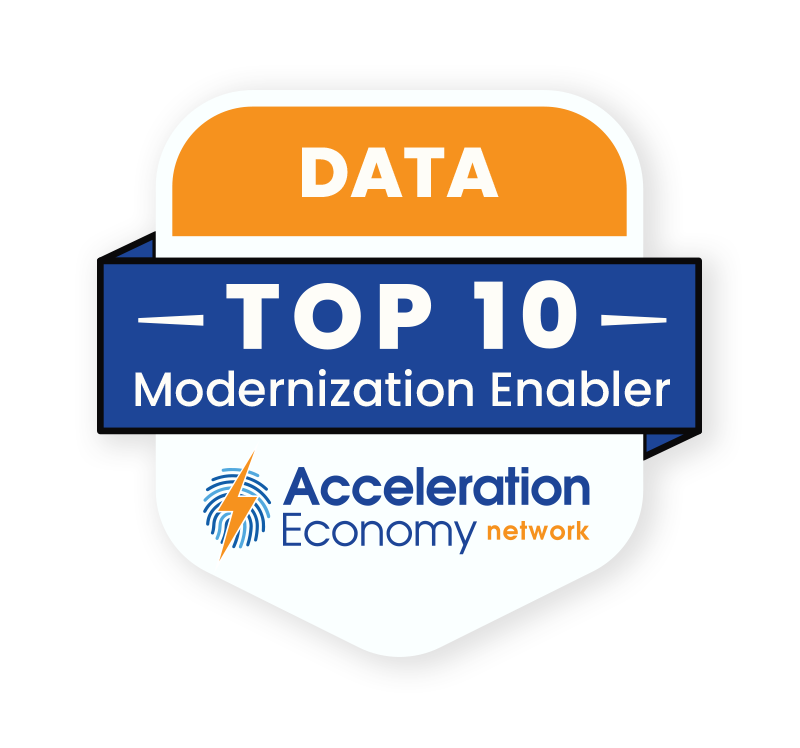
The latest DevOps trend is platform engineering, which is the practice of constructing self-service platforms that help developers become more efficient and productive. These internal developer portals consolidate DevOps processes, bringing more automation to infrastructure management and software deployment. They’re usually overseen by a dedicated platform team that creates shared services, libraries, and standard processes.
Platform engineering has been in vogue at technology companies for some years, but more recently, others are beginning to follow suit. The 2023 State of DevOps Report found that half of the organizations surveyed are adopting some form of platform engineering, and 93% say it’s a step in the right direction.
Simultaneously, healthcare is becoming more technology-driven, which includes expanding use of cloud computing. Digital healthcare systems now encompass applications including patient data tracking, real-time doctor workspaces, wearable medical devices and monitors, and remote telehealth, among others. As modern medicine becomes digitally infused, there is added pressure to rapidly release new medical features but to do so in a consistent, compliant manner.
Below, we’ll highlight some areas in which platform engineering could benefit healthcare tech, including how it could help firms build and ship applications faster, with greater confidence. We’ll consider how healthcare organizations can implement platform engineering to operationalize their software infrastructure management and see how the discipline can enhance secure development and even bring new cost optimizations.

Which companies are the most important vendors in data? Check out the Acceleration Economy Data Modernization Top 10 Shortlist.
Automation, Efficiency, and Scalability
Healthcare is becoming increasingly digital, a trend that accelerated throughout the pandemic. Now, it’s not uncommon for examination, monitoring, diagnosis, and even treatment to be conducted remotely. These expectations have led to an influx of new digital medical tools and features. Platform engineering could help in the deployment of new tools and features while also retaining guardrails around development.
One hallmark of platform engineering is to create components that many engineers can use and reuse. Forty-three percent of organizations adopt platform engineering for both software deployment and the operation of infrastructure. By creating standard builds and common continuous integration/continuous deliver (CI/CD) pipelines, engineering teams are empowered to quickly deploy new software. This could help healthcare tech teams become more agile and scale standard operations across an organization, resulting in a more rapid release of features that benefit healthcare professionals and patients.
Data and Security
In addition to facing mounting digital demands, the healthcare industry must meet stringent regulatory requirements. One such requirement is the Health Insurance Portability and Accountability Act (HIPAA), which aims to keep personally identifiable information (PII) on patients and electronic health records private and secure. The requirement applies to both functional and physical safeguards; it also decrees what administrator privileges can exist for handling patient data.
A platform engineering strategy could assist in the area of security and compliance, including when it comes to tooling procurement. Placing trust in developers to acquire and manage their own DevOps tooling is difficult to govern at scale and could result in negative outcomes commonly associated with “shadow IT.” By adopting a standardized internal platform, healthtech providers can avoid fractured tooling implementations across the organization for infrastructure management and automation. Additional oversight can help prevent common CI/CD risks as well.
Secondly, allowing a platform team to vet tooling and processes can better ensure reliability standards and an overall compliance posture. In some IT divisions, the platform team is in charge of setting standard policies, which can then be replicated by developers within their work. Lastly, by increasing automations, you reduce the chance of human error and missteps.
Optimizations Bring Cost Savings
Amid economic uncertainties and mass layoffs, many technology companies are tightening their belts and trying to do more with less. Healthtech is certainly not immune, and commentators are not bullish on healthtech startups faring well in the current economic slowdown. Therefore, executives should be open to new strategies to keep costs low while maintaining output.
Platform engineering could be applied as a way to reduce costs associated with development, maintenance, and operations. For example, a platform team could set policies related to resource management to reduce expenses. According to the State of DevOps Report, 42 percent of platform engineering teams are tasked with monitoring production applications, making it an ideal location to learn about application use rates to inform cost optimizations.
Final Thoughts
Platform engineering has the potential to benefit many software ecosystems by bringing efficiency gains, cost savings, and improving an organization’s cybersecurity footing. And the practice is still gaining momentum. Gartner expects that by 2026, “80% of software engineering organizations will establish platform teams as internal providers of reusable services, components, and tools for application delivery.”
Yet, not all platform engineering initiatives will be successful. When adopting platform engineering, certain strategies are recommended to encourage successful adoption. These include treating the platform as a product by strengthening it with feedback from internal developers. It also involves reducing the friction of internal developer portals and raising the quality of developer experience (DX).
Platform engineering goes by other names, such as engineering enablement, software quality, and release engineering. Whatever it’s called, the endeavor is part of a more extensive strategy that healthcare tech CTOs and CIOs should consider to generate a greater ROI from their technological investments. In the medical field, this could equate to increasing the quality of care for end patients and ensuring their data is handled respectfully.
Want more insights into all things data? Visit the Data Modernization channel:








